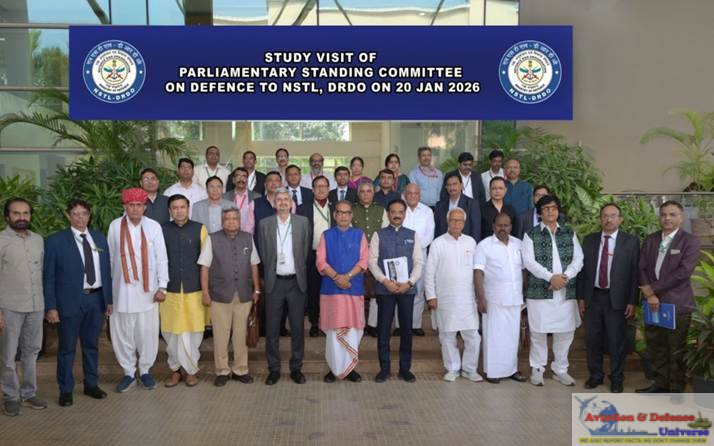- Validation by SBTi of near- and long-term targets across all emission scopes
- Targets build on Sustainability & ESG credentials, including investment in increased energy efficiency and reduced emissions throughout the entire value chain
GKN Aerospace‘s near-term (2025) and net-zero science-based targets (2050), outlined in our Transition Plan, have been validated by the Science Based Targets initiative (SBTi), the global body responsible for enabling businesses to set ambitious emissions reduction targets in line with the latest climate science.
SBTi has determined that our Scope 1 and 2 near-term target ambition is in line with a 1.5°C trajectory, while the Scope 1, 2, and 3 long-term target ambition has been recognised to be aligned with the SBTi’s 1.5°C mitigation pathways for reaching Net Zero by 2050 or sooner.
- Overall Net-Zero Target: GKN Aerospace has committed to reach net-zero Greenhouse Gases (GHG) emissions across the value chain by 2050
- Near-Term Targets: GKN Aerospace has committed to reduce absolute Scope 1 and 2 GHG emissions by 50% by 2030 from a 2020 base year, as well as select[1] absolute Scope 3 emissions by 25% by 2030 from a 2022 base year. It has also committed to ensure that 70% of its suppliers will have science-based targets by 2028.
- Long-Term Targets: GKN Aerospace commits to reduce absolute Scope 1 and 2 GHG emissions by 90% by 2050 from a 2020 base year, while also committing to reduce its absolute Scope 3 GHG emissions by 90% by 2050 from a 2022 base year.
Peter Dilnot, CEO of GKN Aerospace, said: “Our science-based targets provide a clear pathway to Net Zero. By addressing our entire value chain, we emphasize our commitment to being the most trusted and sustainable partner in the sky. Achieving validation from the Science Based Targets initiative (SBTi) marks a significant milestone, underscoring our dedication to decarbonisation and accelerating the transition to a more sustainable aerospace industry”
The SBTi is focused on accelerating companies across the world to half their emissions before 2030, and achieve net-zero emissions before 2050, is a collaboration between the United Nations Global Compact (CDP), World Resources Institute (WRI) and the World Wildlife Fund for Nature (WWF) and is one of the We Mean Business Coalition commitments. The SBTi also defines and promotes best practice in science-based target setting, offers resources and guidance to reduce barriers to adoption, and independently assesses and approves companies’ targets.
GKN Aerospace is a global multi-technology leader in the aerospace industry, specialising in the development and delivery of cutting-edge aerostructures and engine systems. Our unrivalled products, systems, and services are integral to 90% of today’s commercial and defence aircraft ranging from helicopters, business jets, passenger planes and advanced air mobility vehicles to state-of-the-art fighter aircraft.
Our commitment to innovation and cutting edge technology is evident in the application of lightweight composites, additive fabrication, electrical wiring interconnection systems, and groundbreaking engine systems, reducing both weight and cost in today’s aircraft and engines. GKN Aerospace is at the forefront of sustainable technology, developing breakthrough solutions to achieve emission-free flight. Our global technology centres collaborate with industry partners around the world to accelerate the development of pioneering technologies, including hydrogen-powered propulsion and all-electric flight.
Operating in 12 countries, GKN Aerospace employs a workforce of 16,000 employees across 31 locations. GKN Aerospace has global sales of £3.4bn and is listed under its parent company name Melrose Industries PLC (LSE:MRO).








































































































































